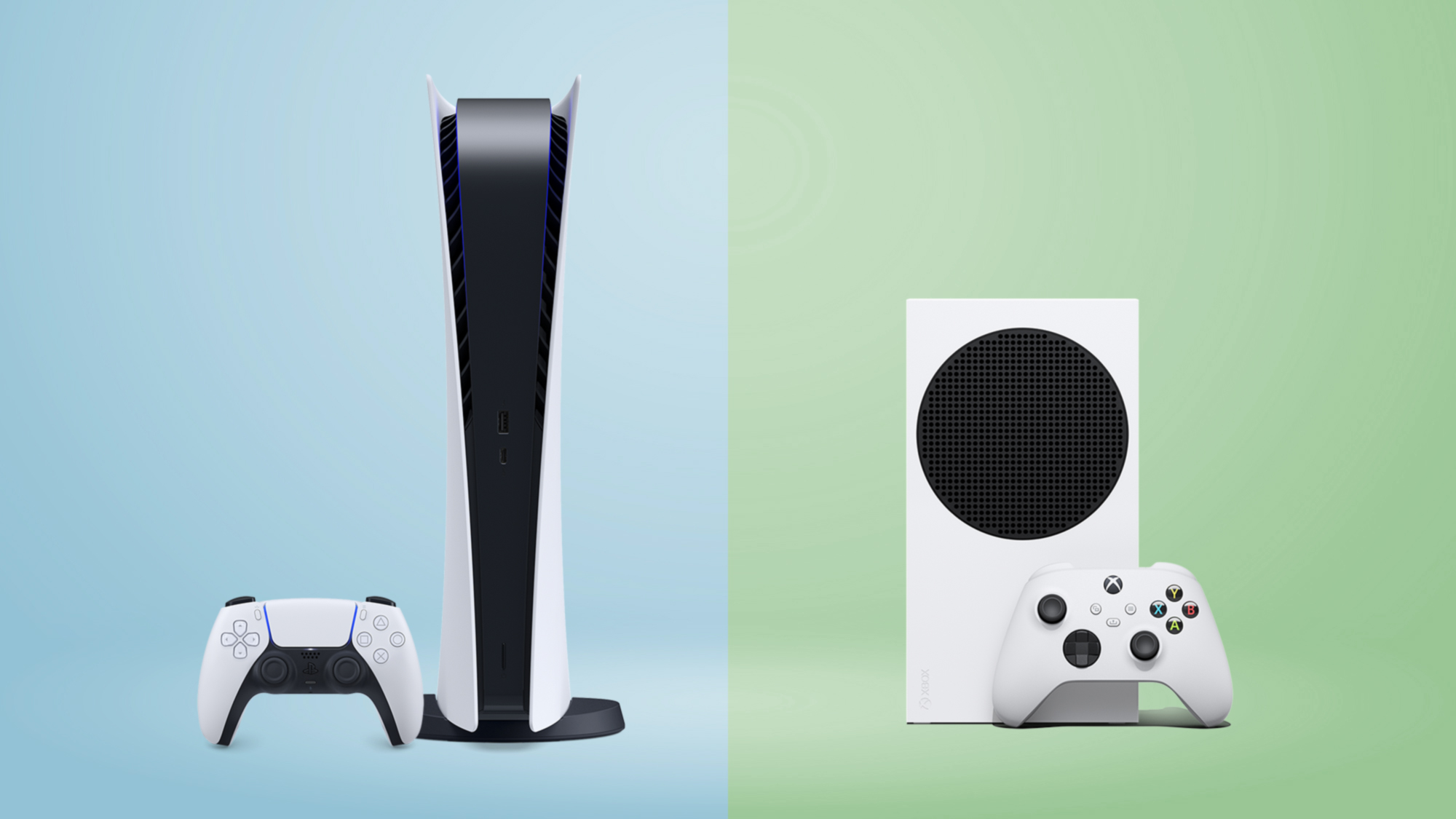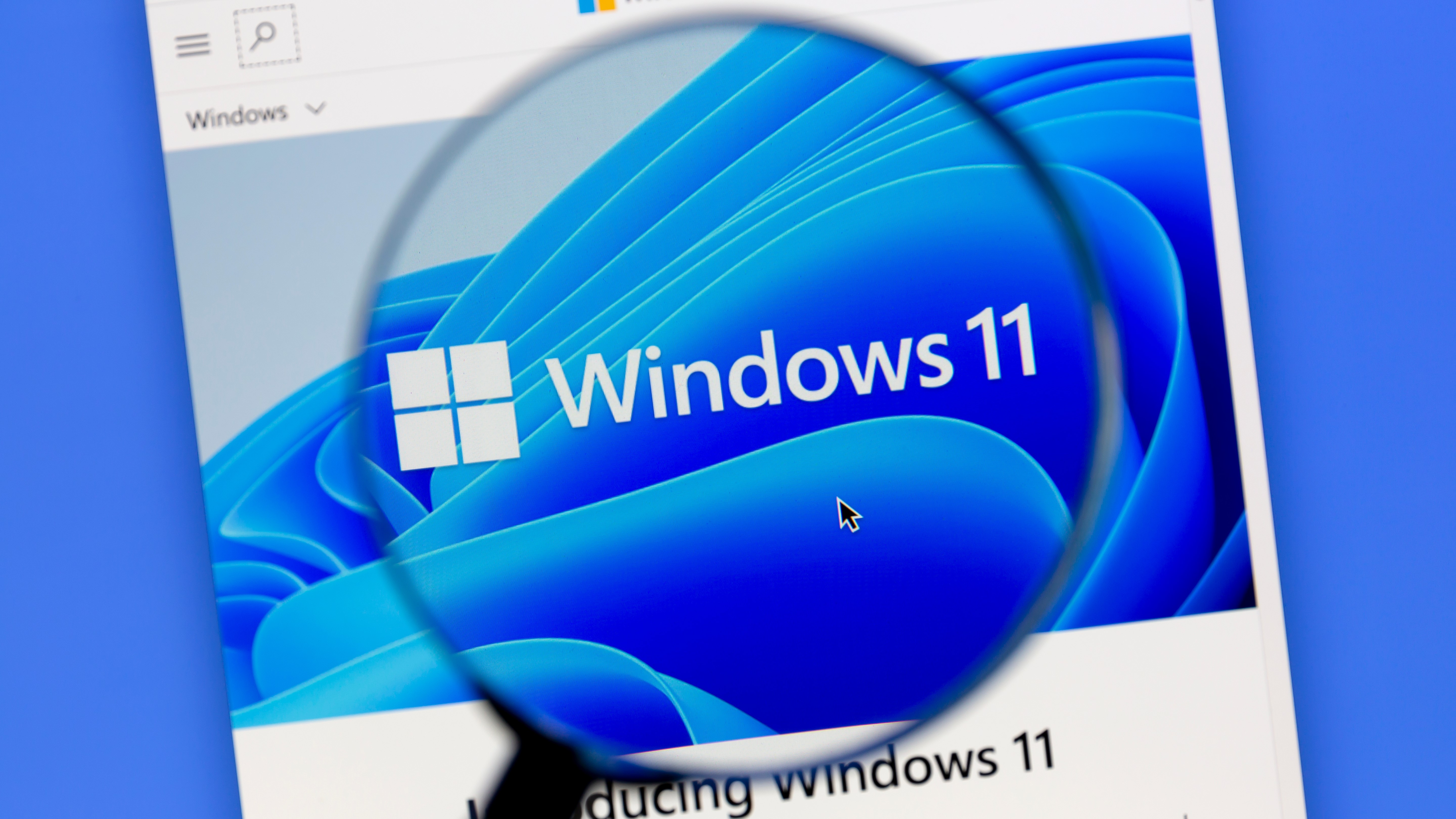Forget PS5 Digital Edition and Xbox Series S — you'll never take my discs away
You can pry my discs from my cold, dead hands

Over the past several years physical media has been on the decline, for lots of obvious and sensible reasons. Digital files take up only as much space as the device that stores them, and streaming services offer access to a lot more content for a lot less money. You don’t need to swap discs, find space to keep them, or even spend money on individual products, instead bundling them into a single monthly payment.
But despite all those advantages, I’m not buying into it. You’ll have to pry my discs from my cold, dead hands.
- Xbox Series S vs Xbox Series X: Which Xbox should you buy?
- Check out the best early Black Friday deals available now
- Just in: PS5 and Xbox Series X coming to Walmart on Black Friday
At the time of writing, the next generation of Xbox and PlayStation consoles is launching, including two digital-only models that remove the traditional disc drive — and with it, the option of using physical media. Needless to say, the Xbox Series S and PS5 Digital Edition are not consoles I would even consider buying.
In defense of physical media
There are a lot of reasons why I try to avoid digital-only media. Whether it’s books, games, movies or even music, I prefer to physically own the thing rather than owning access to a download, and tangibility plays a big part in that. As convenient as digital content can be, it’s not the same as physically having a book, game, or album in your hands, or displayed on a shelf.
The best parallel would be looking at pictures of dogs on your phone. The pictures are great in and of themselves, but it’s nowhere near the same experience as actually being able to pet a real animal.
It’s also much harder to lose a physical object of sufficient size. Compared to a digital file that can easily get lost in any number of folders or storage devices, finding a physical game or movie is like spotting the Grand Canyon while you fly over Arizona. (Assuming that your kids or roommates didn’t put the disc back in the wrong case. Again.)
There's another, more prudent reason to own physical media. If you have a game on a disc, you actually own a copy for yourself. While rights-holders in various industries may try to argue that the content on your disc doesn’t actually belong to you, they can’t do anything about it. Digital media, on the other hand, can be taken away from you at any time the publisher sees fit. Hideo Kojima's PT demo on PS4 is a great example of this in action, because one day, someone at Konami woke up and decided they weren’t going to let people download it anymore.
Get instant access to breaking news, the hottest reviews, great deals and helpful tips.
Why did PT disappear? I’m sure Konami has its reasons, but the fact is, nobody can play a legitimate copy of that game unless they already had a copy on their PS4 console. Had PT ever been released on disc, none of this would be an issue. Konami could have stopped making the discs, naturally, but you would at least be able to get ahold of the game through aftermarket channels.
Even in those cases, though, physical media is not always a winning solution, as I learned after I purchased Bioshock: The Collection for the Nintendo Switch. The cartridge I purchased (brand new and unopened) has room for only 16 GB of data, so popping it into the console triggers an additional 31 GB download. Rather than including two or three cartridges, you end up with a “worst of both worlds” situation, in which the games take up a big chunk of storage on my Switch, but still can’t be played unless the cartridge is present.
Digital is loaded with drawbacks
Digital media also comes with the issue of distribution. You can only get certain content from certain publishers’ storefronts, and then that content is locked to certain devices once you’ve purchased it. A Kindle eBook will only play on a Kindle device or in an official Kindle app. Movies from iTunes will only play on devices that Apple approves of (i.e., not Android). As for video games, platform lock-in is to be expected — the same thing happens with discs after all —but you’re then restricted to a storefront owned and curated by the console’s manufacturer.
Xbox Series X games come from the Microsoft store, PS5 games come from the PlayStation store and Switch games come from the Nintendo eShop. Physical media doesn’t have that issue, because there are dozens of retailers that stock games, both online and out in the real world. Sure, many of them also sell download codes for certain games, but that’s just buying from the publisher with extra steps.
With digital storefronts, you can’t shop around for the best deals (or buy used games at a discount). You also don’t get the same consumer protections you would with a physical copy. If your new copy of Spider-Man: Miles Morales isn’t to your liking, or something is wrong with it, you can take it back to GameStop and get a refund. Anyone who’s ever tried to get a refund from the Nintendo eShop will confirm that the same isn’t true for digital games. And publishers love to drag their feet when legislators try to change the rules.
On top of that, game file sizes are growing exponentially, and the console storage isn’t able to keep up with them. Modern Warfare is 175 GB on PS4, with the base install taking up 107GB of that. A PS5, however, has only 667GB of usable space right now. That's 3.81 Modern Warfares.
If you go purely digital, that’s going to be a nightmare to maintain. It’s not so bad if you ignore DLC files, but since the base game is an “all or nothing” situation you’re essentially at the mercy of the developer. Plus, every time you delete a game to make room for something else, you run the risk of having to download and install the whole thing from scratch in the future.
That’s not so bad if you have good internet — until, of course, the publisher decides to pull that game from distribution. Discs do take up a lot of digital storage space due to the mandatory installations, but at the very least, you have that back-up copy handy to start the process again if needed. Furthermore, said process isn’t left to the mercy of your local internet provider.
You don’t own your media
In short, not only does digital media lock you into the whims of a publisher; it can be more expensive, and in a lot of cases, more restrictive of what you can and can’t do. Digital rights management is a pain like that, although obviously, not all DRM systems are created equally. Some are good, some are bad, others make gamers want to riot in the streets.
I can certainly see the appeal of digital media in the right contexts. I’m not a hipster who carries around a binder full of CDs or DVDs. Of course I have digital music on my phone, as well as TV shows and movies to occupy myself on long journeys. (Just don’t ask me where I acquired those files, and I won’t have to suddenly change the subject.)
If I like something enough, I will buy a copy so that I can access it whenever I like. It’ll be a cold day in Hell before I willingly give up physical media in favor of digital-only alternatives.

Tom is the Tom's Guide's UK Phones Editor, tackling the latest smartphone news and vocally expressing his opinions about upcoming features or changes. It's long way from his days as editor of Gizmodo UK, when pretty much everything was on the table. He’s usually found trying to squeeze another giant Lego set onto the shelf, draining very large cups of coffee, or complaining about how terrible his Smart TV is.
 Club Benefits
Club Benefits





